2000-03-31 10:11
U.S-to-Asia Container Lines Seek Relief from High Fuel Costs
Transpacific shipping lines are responding to an 80 percent increase i
n marine fuel and diesel oil over the past year by adjusting fuel surc
harges built into current tariff rates and service contracts with frei
ght shippers.
An analysis of the market done through the Westbound Transpacific Stab
ilization Agreement(WTSA) reveals that lines operating in the U.S to A
sia trade have seen their fuel costs rise to more than $24,000 per shi
p per day. Fuel price increases since April 1999 alone have cost conta
iner carriers an estimated $500 million, including not only higher pri
ces for vessel fuel but also for diesel oil used in terminal equipment
and increased trucking chargers paid as moter carriers pass through t
heir own higher-fuel costs.
WTSA lines noted that, while they have absorbed steadily rising fuel c
osts over the past several months in their contacts, they must now beg
in to recover at least a portion of those lost revenues.
As a result, individual WTSA carriers intend to include in their new a
nd existing contracts, effective May 1, 2000 a US$80 per 40-foot conta
iner, $64 per 20-foot container and $4 per revenue ton interim fuel as
sessment (IFA). The IFA will also be applied to tariff cargo moving un
der “all-inclusive” tariff rates that have pre-established fuel char
ges built in.
Shippers moving cargo under standard tariff rates, with a separate fu
el adjustment factor (FAF) surcharge that has been allowed to float in
line with fluctuating fuel prices, are already paying the added charg
e as part of the FAF, and will see no change in their freight charges.
The IFA, as with the FAF now paid by standard tariff customers, will c
ontinue to float in both “all-in” tariff rates and in service contra
cts, under an established formula that tracks marine fuel prices on a
weekly basis and adjusts the surcharge quarterly. Surcharges are calcu
lated and adjusted for the calender quarters beginning January 1, Apri
l 1, July 1 and October 1 of each year.
WTSA pointed to the lag time that has taken place between the initial
sharp rise of fuel prices nearly a year ago and the expiration of cont
racts and all-in tariff rates with fuel surcharges locked in at lower
levels. This, members said, has given contract customers a considerabl
e price advantage beginning in mid-1999.
n marine fuel and diesel oil over the past year by adjusting fuel surc
harges built into current tariff rates and service contracts with frei
ght shippers.
An analysis of the market done through the Westbound Transpacific Stab
ilization Agreement(WTSA) reveals that lines operating in the U.S to A
sia trade have seen their fuel costs rise to more than $24,000 per shi
p per day. Fuel price increases since April 1999 alone have cost conta
iner carriers an estimated $500 million, including not only higher pri
ces for vessel fuel but also for diesel oil used in terminal equipment
and increased trucking chargers paid as moter carriers pass through t
heir own higher-fuel costs.
WTSA lines noted that, while they have absorbed steadily rising fuel c
osts over the past several months in their contacts, they must now beg
in to recover at least a portion of those lost revenues.
As a result, individual WTSA carriers intend to include in their new a
nd existing contracts, effective May 1, 2000 a US$80 per 40-foot conta
iner, $64 per 20-foot container and $4 per revenue ton interim fuel as
sessment (IFA). The IFA will also be applied to tariff cargo moving un
der “all-inclusive” tariff rates that have pre-established fuel char
ges built in.
Shippers moving cargo under standard tariff rates, with a separate fu
el adjustment factor (FAF) surcharge that has been allowed to float in
line with fluctuating fuel prices, are already paying the added charg
e as part of the FAF, and will see no change in their freight charges.
The IFA, as with the FAF now paid by standard tariff customers, will c
ontinue to float in both “all-in” tariff rates and in service contra
cts, under an established formula that tracks marine fuel prices on a
weekly basis and adjusts the surcharge quarterly. Surcharges are calcu
lated and adjusted for the calender quarters beginning January 1, Apri
l 1, July 1 and October 1 of each year.
WTSA pointed to the lag time that has taken place between the initial
sharp rise of fuel prices nearly a year ago and the expiration of cont
racts and all-in tariff rates with fuel surcharges locked in at lower
levels. This, members said, has given contract customers a considerabl
e price advantage beginning in mid-1999.
많이 본 기사
- 야권 안전운임제 재도입 추진…정부·수출기업 난색캐나다 항만 파업 심화…西밴쿠버·東몬트리올 봉쇄수요 강세에 컨운임지수 3주 연속 상승…동남아 두자릿수↑부산신항웅동개발, 현대글로비스에 웅동지구 2단계 물류부지 공급KSS해운, 3분기 영업익 280억…31%↑국내 건설사, 베트남 하이퐁에 복합물류센터 건설대선조선, 그리스 선사에 1000TEU급 컨테이너선 1척 인도스마트 보세운송 신고·관리서비스로 항만물류 활성화 힘 보탠다中 상하이항, 올해 9개월 컨처리량 3910만TEU ‘역대최대’“입거수리 영향” 대한해운, 3분기 영업익 9% 감소한 678억원
- BDI 1692포인트…중대형선 시장서 물동량 강세 이어가프랑스 CMA CGM, 3분기 순이익 3.8조…전년比 7배↑정기선 HD현대 부회장, 1년만에 수석부회장 승진광양 율촌산단에 친환경 선박 전문화 공장 세운다BPA-해수부, ‘해외물류센터’로 중소·중견기업 수출 돕는다IPA, 컨터미널 운영사와 내년 운영 방향 청사진 공유YGPA 박성현 사장, ‘아동학대 예방’ 릴레이 참여UPA·화주물류협의회·탱크터미널협의회, 물동량 증대 방안 모색CJ대한통운, 美 조지아 콜드체인 물류센터 개소…시장 공략 가속화DHL코리아, 기아와 맞춤 친환경차 개발 ‘맞손’





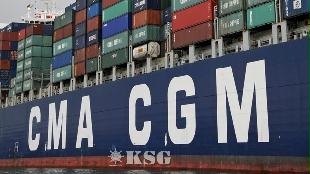
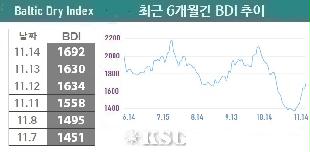
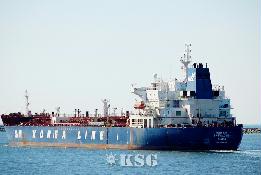
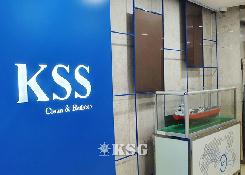
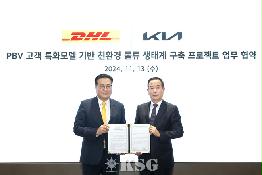
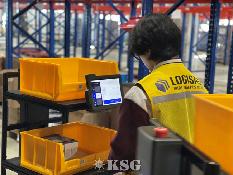

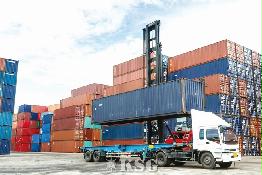

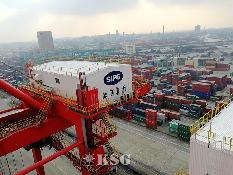

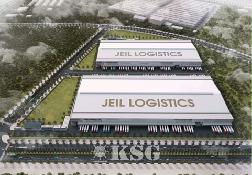
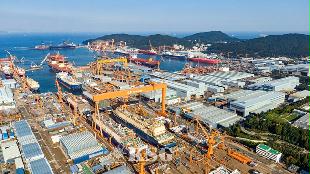



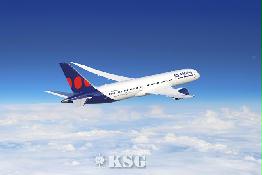





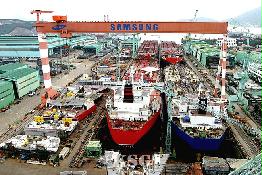


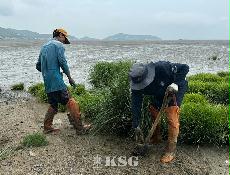



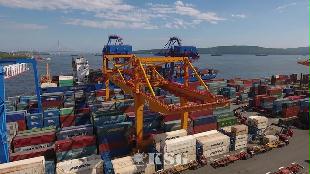
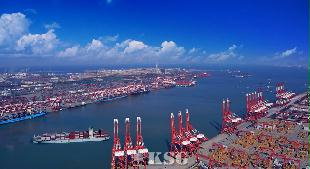
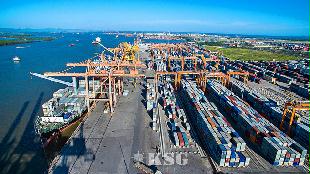
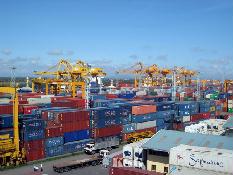






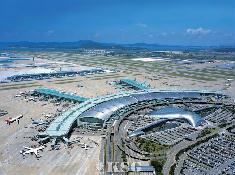
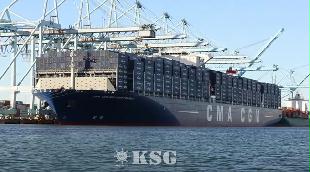

























0/250
확인